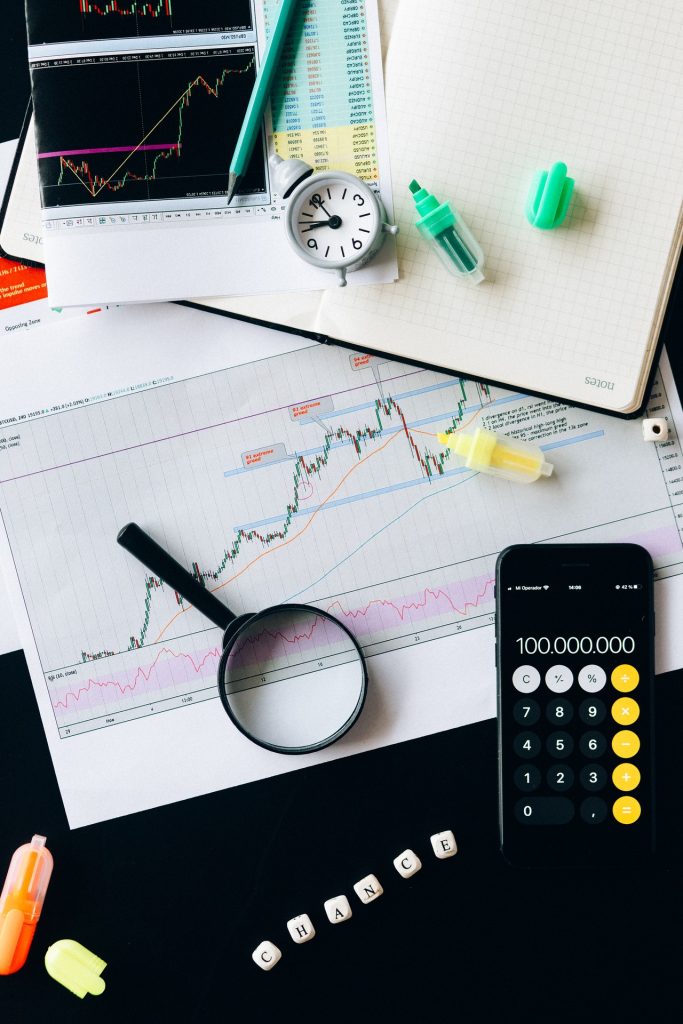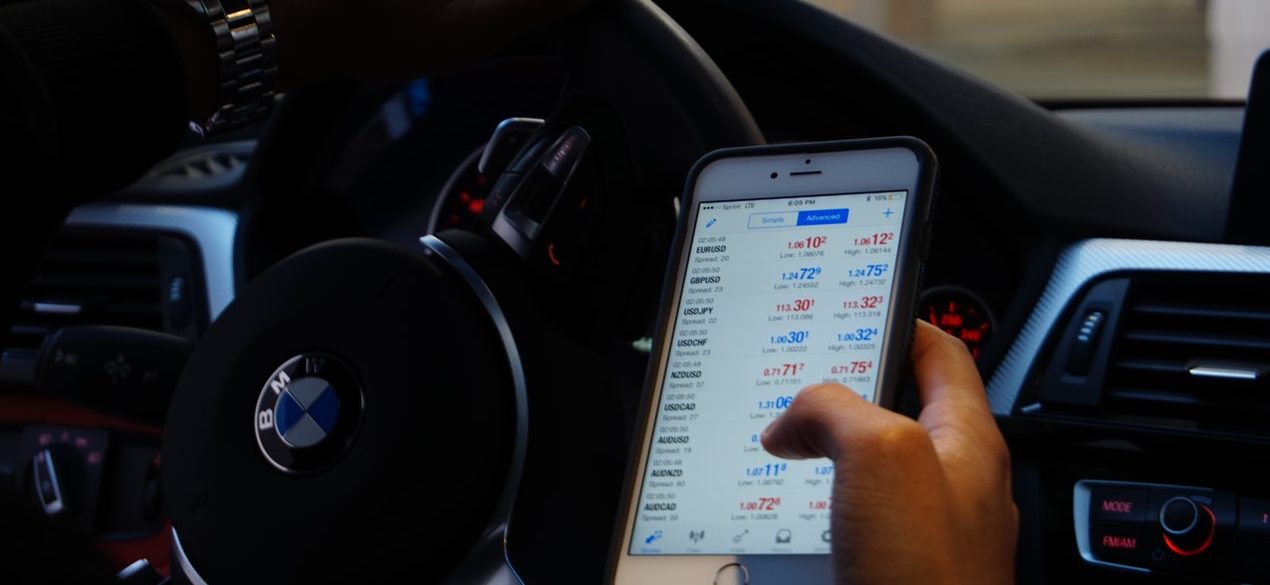The foreign exchange market is the world’s largest, and most liquid marketplace. On a typical day, more than $6.6 trillion changes hands each day, mostly over the counter. These ‘OTC’ deals are made between individuals, private entities, and banks rather than your typical exchange. Up until recently, a lot of these trades were placed over the phone. But over the last couple of years, a big transformation has taken place. different forms of technology have found a place within this market which in turn has encouraged more traders to start investing and trading.
Where did it all start?
History tells us that people were exchanging and trading different forms of currency as far back as Biblical times. Stalls were set up in and around market places, allowing those that visited to exchange one currency for another. By the 4th century AD, the currency market was under the control of the Byzantine Empire due to its importance in the world of trade.
By the Mediaeval period, the Italian Medici family were exchanging currencies on behalf of local textile merchants and opened banks to facilitate it. They kept track of the exchange between foreign and local currencies in a book called a Nostro. By the 18th Century, Amsterdam had created the world’s first forex market and exchanged currencies between the County of Holland and England. But it wasn’t until 1880 that foreign exchanges were officially established in the US. This was the same year that the Gold Standard was first used.
The 20th century was dominated by the pound sterling and exchanges in London, Paris, New York, and Berlin. Wealthy and influential families like the Klienworts were considered pioneers and leaders in this way of working.
Over the following years, exchanges opened in almost every country in the world. Each capital typically has its own exchange and is surrounded by a plethora of investment, trading, and financial businesses. A multi-billion industry in its own right, asides from the trading volume, it has a big impact on business, economy, and even fiscal matters.
Ok, but what is forex?
We’ve established that the forex market is about currency exchange and has been around for many years, but what is forex trading? How does it work? When you get deeper into forex you’ll start hearing all about currency pairs, which can be major, minor or exotic. They come in pairs because, when compared to another currency, every currency has a certain value. This value represents how much of the other currency you will get when you trade it.
The value of each currency changes depending on demand, economic and political events, social situations, and even business matters. Traders will typically hold one currency until it reaches a certain value when compared with a different currency. At this point, they will exchange it, or buy the other currency in the hopes of making a profit.
This was once done in person, via email, or over the phone. But in 2021, there are a number of more technologically advanced ways to work.
Technology and forex

The way we work has undergone drastic changes in the last few years. Most of the things we do have become fully digitised, or are gradually being replaced by online options. Banking, financial services, and all kinds of trading are now being conducted through digital platforms and over the Internet.
Trading apps
In 2020, there were more than 2.8 billion smartphone users worldwide. Growing at a rate of around 100 million every single year, the demand for mobile-based solutions is increasing. While there is still a need for web-based platforms, mobile-optimised apps and websites are a must. As more and more casual traders start to invest in forex, the demand to be able to do so “on-the-go” has increased. They do not want to have to log onto a computer every time they want to execute a trade, instead preferring to do so with the swipe of a thumb from their mobile device.
AI trading
Artificial intelligence has made huge strides in the last few years. It’s now widely used in a number of ways including customer service, advertising, and data gathering and processing. In fact, most of us have interacted with an AI assistant or chatbot and not even realized it! But AI has also found a great integration use case in the forex trading market.
Before the use of AI, traders or trading agents would have to sit, watch, and be ready to execute trades at exactly the right moment. A mistake, a pause, or missing a moment by just a second could result in significant losses. AI trading allows traders to set certain parameters and when they are met, they can pre-specify what action should occur. This removes a lot of human error, but also emotional trading which can also lead to big losses.
Blockchain
The technology that underpins bitcoin has been making waves in its own right for quite some time now. Once eyed with cynicism, it is now being embraced by some of the world’s largest banks, financial institutions, companies, and even governments. It is also being introduced into the forex market.
A fully decentralized and immutable system, blockchain can record and store every single forex transaction. Once they are on the blockchain, they cannot be changed or reversed in any way. This could usher in a new era of accountability and transparency for the sector as well as making transaction management much easier.
The forex market is continuing to grow at a stratospheric rate. Fuelled by growing interest and the integration of new technology, it’s becoming more accessible to all kinds of users. While it was once something that was only for professional or experienced investors is now open to all and is enjoyed by people the world over. Recent volatility in the markets has also encouraged people to get their mobiles out and start trading on online forex trading platforms, as well as keeping up to date with all the latest financial news. As our world gets more digitised we can expect the trend of interest in forex to continue. Trading volumes will go up, and the number of technological enhancements specific to the forex sector will surpass what most of us can currently imagine.



 Bitcoin
Bitcoin  Ethereum
Ethereum  Tether
Tether  XRP
XRP  Solana
Solana  USDC
USDC  TRON
TRON  Lido Staked Ether
Lido Staked Ether  Cardano
Cardano  Avalanche
Avalanche  Toncoin
Toncoin